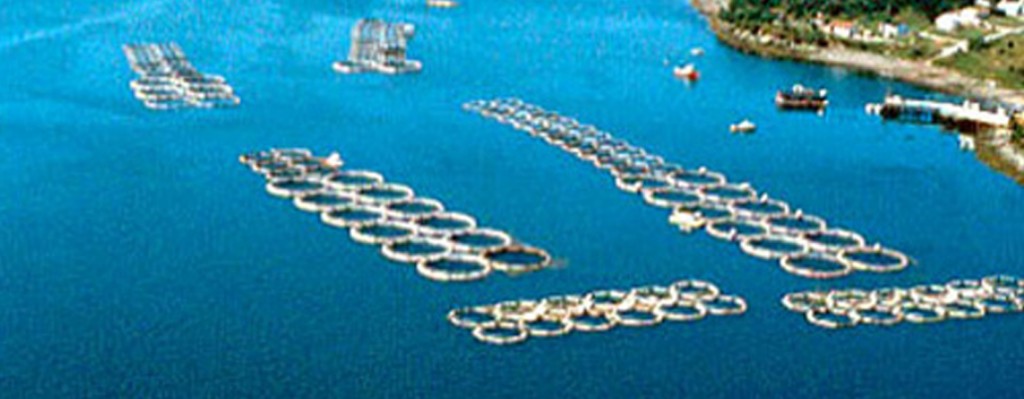Full report available here
Halifax: Seven years after the Nova Scotia Department of Fisheries and Aquaculture (NS DFA) issued their first and only report on environmental monitoring at aquaculture sites in the province, an updated report indicates that open pen finfish farms are having a negative impact on the environment.
According to the new report, there was a significant increase in the number of finfish monitoring stations exceeding provincial monitoring guidelines compared to the 2006 NS DFA Environmental Monitoring Program (EMP). Overall environmental quality at open pen finfish sites had decreased since the 2003-2005 period covered by the 2006 report.
The updated report, prepared for the Atlantic Coalition for Aquaculture Reform (ACAR), is based on environmental monitoring data obtained from NS DFA and covers the period between 2006 and 2011.
“The results indicate that Nova Scotia’s shallow bays and harbours are simply overwhelmed by the large volume of waste released from fish farms and there is inadequate flushing to disperse the waste,” said Inka Milewski, a marine biologist who prepared the report for the Coalition.
“It should come as no surprise to anyone that fish farms in Nova Scotia are reporting diseased fish. Poor environmental quality at open pen sites not only impacts marine life in the area, it impacts the health of fish grown on the farms,” said Milewski.
ACAR members are once again asking that a moratorium be placed on any new aquaculture applications and that production on all approved, but not yet stocked, sites be suspended until the province reviews its existing aquaculture development strategy and a Strategic Environmental Assessment (SEA) is conducted on open pen finfish aquaculture. The Coalition made a similar request in a letter to Premier Dexter last year.
“This report supports the need to move the industry from open pen to land based operations where fish wastes can be treated” said Lewis Hinks of the Atlantic Salmon Federation.“We cannot continue to use our coastal waters as sewage dumping grounds.”
In the 2006 EMP report, NS DFA committed to using the data collected in the 2006 report to assess risks associated within the province’s aquaculture industry, but no assessment has been done.
“Good public policy is based on good data and science,” said Susanna Fuller with the Ecology Action Centre. “Since the province is in the process of developing a new regulatory framework for aquaculture, NS DFA’s past failure to monitor or to enforce the EMP should be key to determining what is needed for proper regulations.”
::
The Atlantic Coalition for Aquaculture Reform (ACAR) is comprised of community, conservation, fishing and environmental groups from the four Atlantic Provinces concerned with the environmental and social impacts of open pen salmon aquaculture and interested in finding responsible alternatives to the current industrial aquaculture practices.
The 2013 ACAR Report can be accessed here
The NS DFA 2006 EMP report can be downloaded here.
::
Contact:
Inka Milewski (506) 622-2460
Lewis Hinks (902) 275-3407
Susanna Fuller (902) 483-5033

